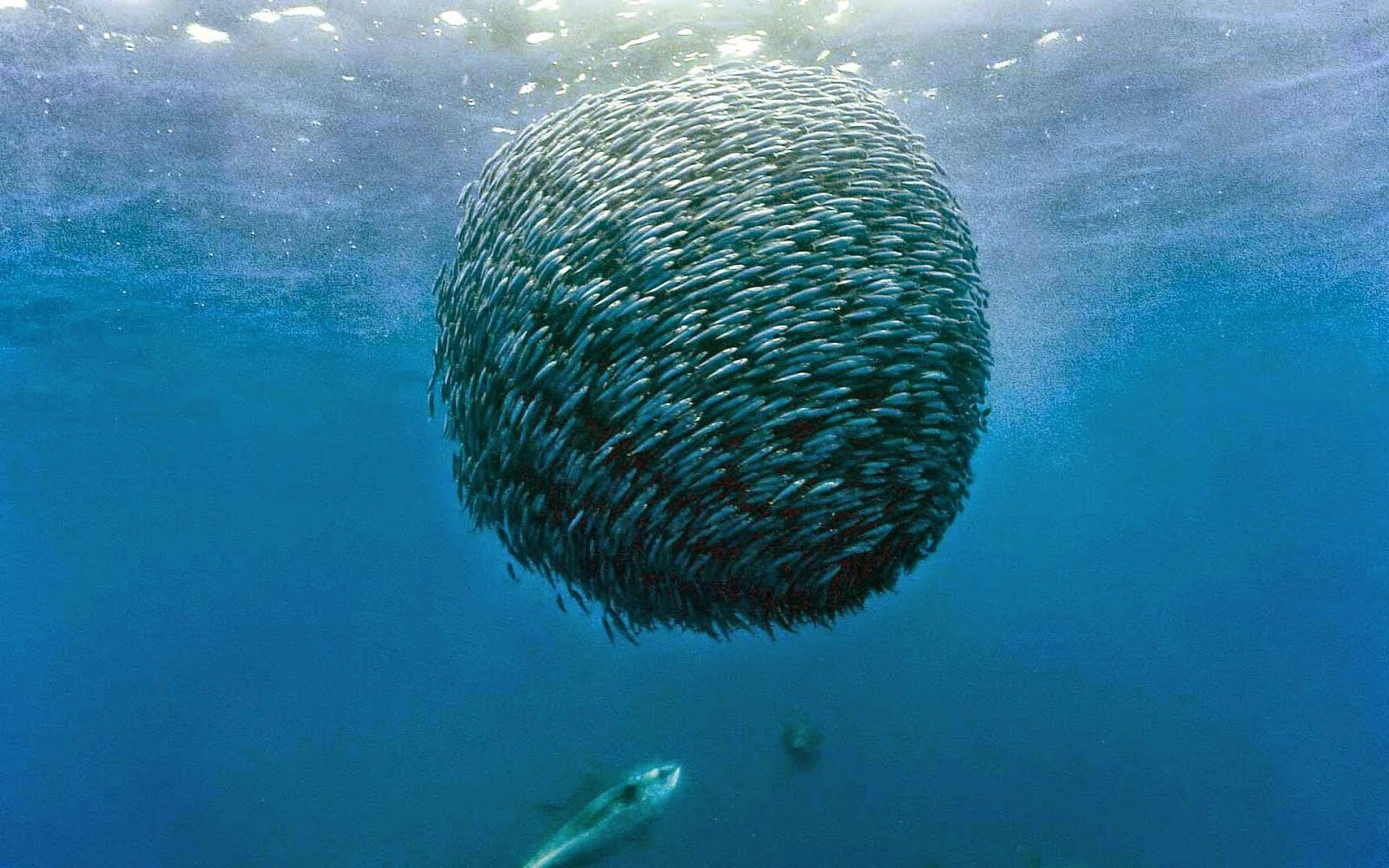|
Le acciughe fanno il pallone che sotto c'è l'alalunga se non butti la rete non te ne lascia una e alla riva sbarcherò alla riva verrà la gente questi pesci sorpresi li venderò per niente se sbarcherò alla foce e alla foce non c'è nessuno e la faccia mi laverò nell'acqua del torrente ogni tre ami c'è una stella marina amo per amo c'è una stella che trema ogni tre lacrime batte la campana passano le villeggianti con gli occhi di vetro scuro passan sotto le reti che asciugano sul muro e in mare c'è una fortuna che viene dall'oriente che tutti l'hanno vista e nessuno la prende ogni tre ami c'è una stella marina ogni tre stelle c'è un aereo che vola ogni tre notti un sogno che mi consola bottiglia legata stretta come un'esca da trascinare sorso di vena dolce che liberi dal male se prendo il pesce d'oro ve la farò vedere se prendo il pesce d'oro mi sposerò all'altare ogni tre ami c'è una stella marina ogni tre stelle c'è un aereo che vola ogni balcone una bocca che m'innamora ogni tre ami c'è una stella marina ogni tre stelle c'è un aereo che vola ogni balcone una bocca che m'innamora le acciughe fanno il pallone che sotto c'è l'alalunga se non butti la rete non te ne resta una non te ne lascia una non te ne lascia Le acciughe fanno il pallone © 1996 Fabrizio De André/Ivano Fossati "Le acciughe fanno il pallone" tells of a fisherman whose solitude is due to poverty. He is in competition with a tuna for the anchovies he fishes for, and faces an uncertain market demand onshore for his catch even then. He can only dream of catching a golden fish that would improve his circumstances and allow him to marry. The musical tag at the end of the song is a wonderful example of the multiculti influences on the album - a middle-Eastern shehnai playing over an African-inspired bed of rhythm along with a Cuban tumbao in the bass. |
The anchovies make a ball because underneath there’s an albacore. If you don’t cast out the net, not one of them will be left for you. And at the shore I’ll disembark, to the shore will come people. These surprised fish, I’ll sell them for nothing if I disembark at the mouth of the river and at the river’s mouth there’s no one, and I’ll wash my face in the water of the stream. Every three hooks there’s a starfish. Hook by hook there’s a star that trembles. Every three tears the bell marks the time. Vacationers pass with their sunglassed eyes, they pass under the nets that dry on the wall. And in the sea there’s a fortune that comes from the east, that everyone has seen and no one catches. Every three hooks there’s a starfish. Every three stars there’s an airplane that flies. Every three nights there’s a dream that consoles me. Bottle bound tight like bait for dragging, draft in a sweet vein that you free from harm. If I catch the golden fish I’ll show it to you. If I catch the golden fish I’ll get married at the altar. Every three hooks there’s a star fish. Every three stars there’s an airplane that flies. Every balcony there’s a mouth that charms me. Every three hooks there’s a star fish. Every three stars there’s an airplane that flies. Every balcony there’s a mouth that charms me. The anchovies make a ball, because underneath there’s a tuna. If you don’t cast the net, not one of them will remain for you, not one of them will be left for you, none of them will be left for you. English translation © 2014 Dennis Criteser Anime salve was released in 1996, the last of De André's thirteen studio albums. The songs were co-written by De André and Ivano Fossati, and the studio recording was co-produced by De André and Piero Milesi. De André referred to the album both as "a type of eulogy for solitude" and "a discourse on freedom." Here you will discover an album with De André at his full powers as lyricist and singer with his rich baritone in a musical setting that is striking, musically sophisticated and varied, with musical references to South America, the Balkans and the Mediterranean. The album was voted best Italian album of 1997 by the readers of La Repubblica and critics voted De André as the best Italian artist. The album also received the prestigious Targa Tenco prize for best album of 1997. |
Fabrizio De André, the revered Italian singer/songwriter, created a deep and enduring body of work over the course of his career from the 1960s through the 1990s. With these translations I have tried to render his words into an English that reads naturally without straying too far from the Italian. The translations decipher De André's lyrics without trying to preserve rhyme schemes or to make the resulting English lyric work with the melody of the song.
Friday, December 5, 2014
Anime salve
Le acciughe fanno il pallone
The Anchovies Make a Ball
Subscribe to:
Post Comments (Atom)



No comments:
Post a Comment
Thanks for your comment and input. In order to keep the site clean, I don't post comments, but if you're interested in connecting with me I can be reached at dieselcats@email.com.